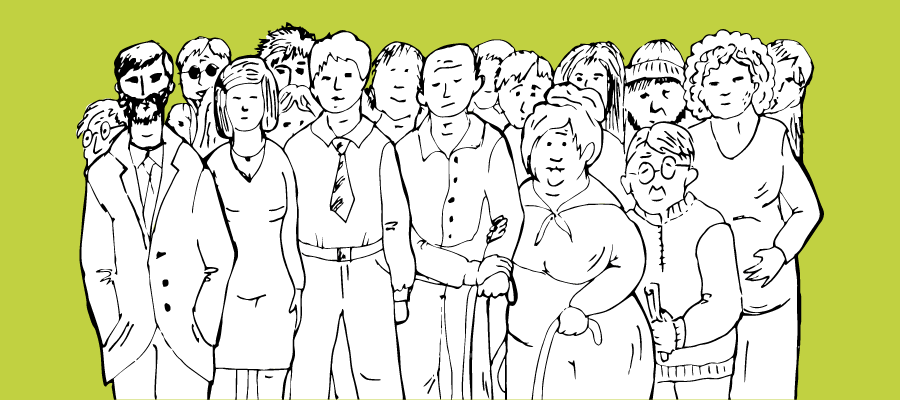But what about 2011?
Okay, I can understand why the Premier thinks the Olympics will be fun — even inspiring. And I accept the pitch from his boosters at the Vancouver Sun that we should make the Games the best they can be. But the public policy issue isn’t whether the Games will be fun or inspiring. The issue is whether the billions of dollars that will be spent on the Games, even recognizing the value of the infrastructure left behind, will provide benefits commensurate with the costs. There are lots of fun and inspiring things one could do with the $6 billion or so that taxpayers will spend as a result of the Games.
The original pitch for the Games was that it will create jobs. And no doubt it has. But most of the spending and jobs created by the Games took place during a period when the economy least needed it. There may be benefits this year; but the spending and jobs up to now have been more problematic than beneficial to the economy — driving up wages and construction costs to the detriment of governments, business and households trying to complete their own projects at reasonable cost.
Now the pitch (ignoring today’s gushy op-ed by the premier) is that we will benefit from the Sea-to-Sky highway, the Canada Line and other infrastructure created by the Games. But Sea-to-Sky was a low priority highway investment. Safety on that road could have been improved far more cost-effectively by selective road improvements and, though anathema to the Liberals, better enforcement of speed limits. And given the sprawl up the 99 corridor it will cause, it deserved a lot more careful scrutiny than it received with the haste to proceed for the Olympics.
As for the Canada Line, Partnership BC’s own analysis indicated that its transportation benefits will be some $1 billion less than the costs. It was not, by any measure, a cost-effective way to improve transit between Richmond and Vancouver.
And don’t even get me started on the grand skating oval in Richmond for only some $175 million. Only in an incredibly rich society, without pressing social or other needs, could that be viewed as an appropriate expenditure of public funds.
So I agree– let’s have fun in 2010. Let’s do the best we can. But perhaps the more dispassionate analysts in government and the press could spend just a little time trying to sort out what is and is not good public policy. There are other ‘Olympic-scale’ initiatives we could and perhaps should have pursued.
Topics: Economy


